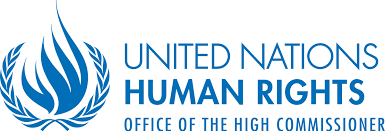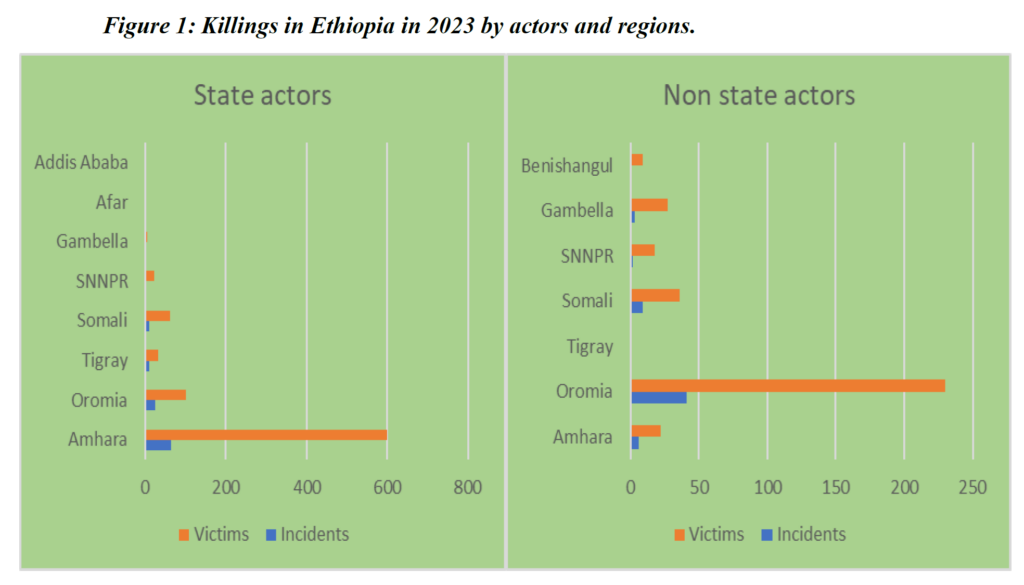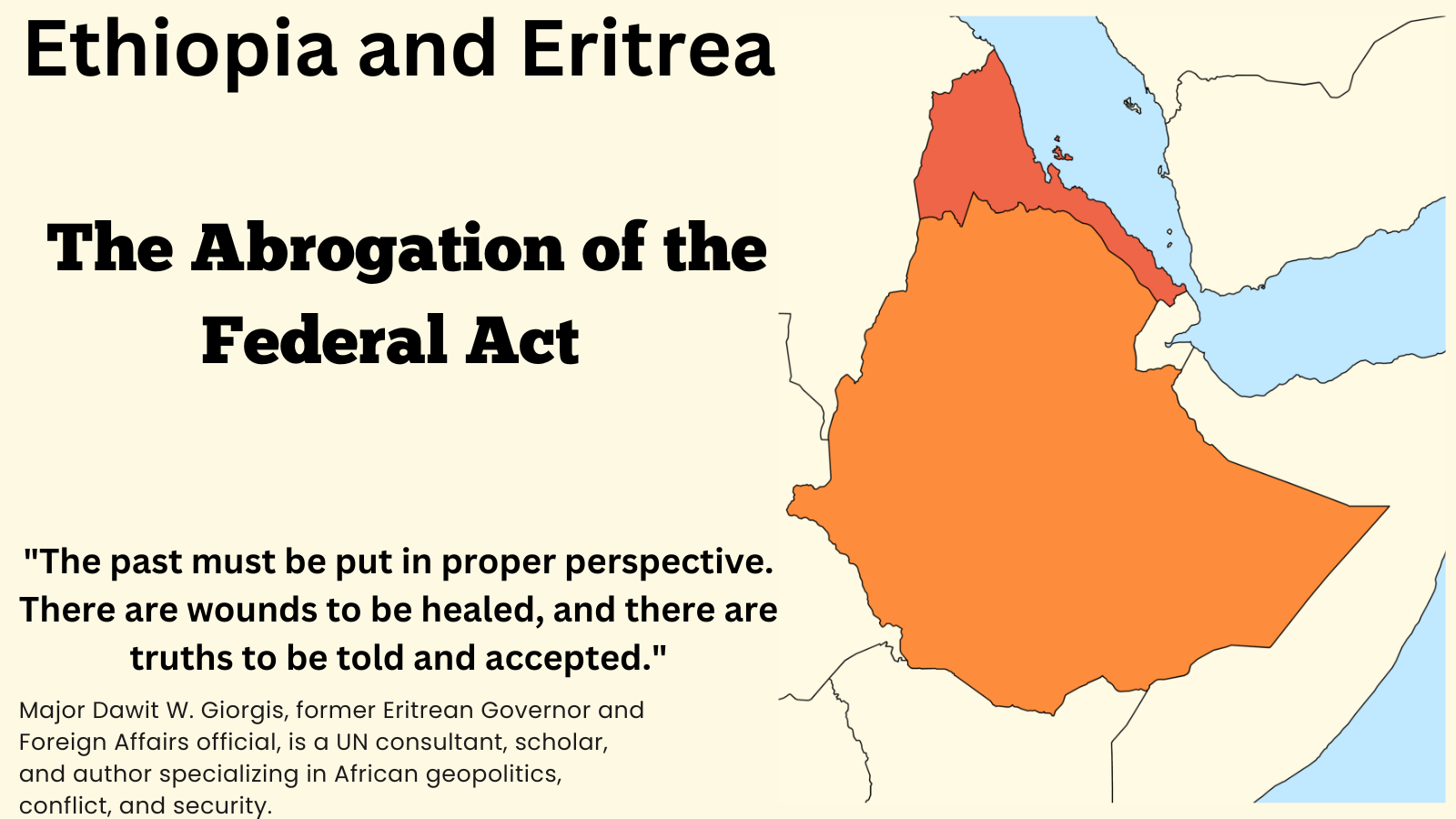Immediate Action Needed: Ethiopian Government Forces Escalate Human Rights Abuses on Amhara People, Civilians Suffer Severely

Overview
The Amhara region of Ethiopia has been marred by severe human rights violations and conflict throughout 2023, as documented by the Office of the United Nations High Commissioner for Human Rights (OHCHR). This analysis provides an in-depth examination of the patterns of abuse, the actors involved, and the broader implications for the region and the country at large.
Context and Background
The war on the Amhara primarily involves government forces, including the Ethiopian National Defense Force (ENDF), Amhara Regional Police, and state-affiliated militias, clashing with the Fano resistance. The war intensified in the latter half of 2023, particularly following the declaration of a State of Emergency (SoE) in August 2023, aimed at curbing the activities of armed groups.
Scale and Nature of Violations
From July 2023 to January 2024, the OHCHR documented 179 incidents of human rights violations in the Amhara region, impacting 3,163 individuals. These incidents included extrajudicial killings, arbitrary arrests, and attacks on civilians and civilian infrastructure. During the SoE, the frequency and severity of these violations escalated, with 107 incidents recorded, affecting 2,424 individuals.

Government Forces’ Tactics
The ENDF, Amhara Regional Police, and affiliated militias were identified as the primary perpetrators of these violations. The use of Unmanned Aerial Vehicles (UAVs) and heavy artillery by government forces resulted in extensive civilian casualties and damage to property. The OHCHR reported 18 UAV strikes from August to December 2023, leading to 248 civilian deaths and 55 injuries. These strikes also targeted critical infrastructure, including schools and hospitals, raising serious concerns about compliance with international humanitarian law.
Arbitrary Detentions and State of Emergency
The SoE imposed in August 2023 led to widespread arbitrary arrests, as it suspended judicial review of detentions. The ENDF was responsible for the majority of these arbitrary detentions, with 150 out of the 179 documented incidents attributed to them. This period saw an intensification of human rights abuses, with detainees often held without charge or trial, and subjected to harsh conditions.
Impact on Civilians
The human cost of the conflict in Amhara is staggering. The OHCHR report highlights that among the documented victims, 1,099 were men, 89 were women, and 1,975 were of unknown gender. During the SoE, 689 men, 71 women, and 1,664 individuals of unknown gender were reported as victims of various abuses. The destruction of homes, displacement of communities, and loss of lives have left deep scars on the region’s social fabric.
Gender-Based Impact
The conflict has had a pronounced gender-based impact. Women and girls, in particular, have faced increased vulnerabilities, including sexual violence and exploitation. The lack of specific data on the gender of many victims points to broader issues in documentation and reporting, often compounded by the chaotic nature of the conflict and the difficulty in accessing affected areas.
Conclusion and Recommendations
The situation in the Amhara region requires urgent attention from both national and international actors. The patterns of human rights violations, the use of heavy weaponry, and the suspension of judicial safeguards during the SoE underscore the need for comprehensive measures to protect civilians and hold perpetrators accountable.
- International Oversight: There should be increased international oversight and pressure on the Ethiopian government to adhere to international human rights standards.
- Accountability: Establish independent investigations to hold those responsible for human rights violations accountable.
- Humanitarian Aid: Enhance humanitarian aid to support displaced and affected populations.
The OHCHR report serves as a critical document for understanding the depth of the crisis in Amhara and highlights the urgent need for concerted efforts to address the ongoing human rights violations in the region.
For more comprehensive details, refer to the OHCHR’s full report on the human rights situation in Ethiopia in 2023.
EAR- Editorial Note
This news story is sourced from : https://www.ohchr.org/en/documents/country-reports/ohchr-update-human-rights-situation-ethiopia-2023




